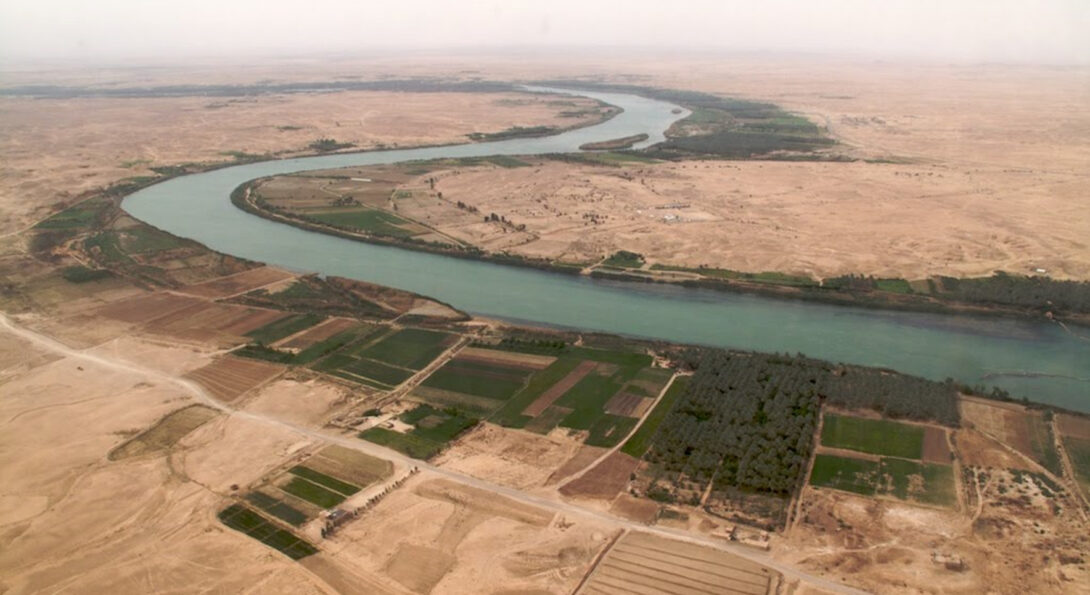Prof. Ömür Harmanşah participates in a Dumbarton Oaks (Washington DC) Colloquium/Workshop on Decolonizing Rivers

Riverine: A Multispecies Approach to Decolonizing Landscapes
Prof. Ömür Harmanşah is participating this week in a Colloquium/Workshop titled "Riverine: A Multispecies Approach to Decolonizing Landscapes" at Dumbarton Oaks Research Library and Collection (Washington DC) (March 25-29, 2024).
Dumbarton Oaks Research Library and Collection supports research and learning internationally in Byzantine, Garden and Landscape, and Pre-Columbian studies through fellowships and internships, meetings, and exhibitions. Riverine Colloquium/Workshop was organized by Swati Chattopadhyay, University of California, Santa Barbara and Zeynep Kezer, Newcastle University.
Prof. Harmanşah will present a paper titled "Stories from the Holocene and the Anthropocene Rivers in Anatolia: Infrastructure and Landscape as
Creative Method" based on the results of his field project in Turkey: Yalburt Yaylasi Archaeological Landscape Research Project.
Colloquium/Workshop Abstract
The study of rivers and riverine landscapes continues to focus on human agency and the human capacity to “train” rivers, build dams and embankments, create water infrastructures, and design water elements in gardens. Whether the scholarship celebrates these interventions or critiques the destruction of lands and settlements in the production of water infrastructures, the study of riverine landscapes is grounded in an Enlightenment epistemology that is inherently anthropocentric and colonial. Thus, as with any effort to decolonize landscape histories, it must acknowledge that racialization and cross-species histories are intermeshed. It must also recognize the historical record of experiences in which the river and land emerge as active and indefatigable makers of history.
The Riverine workshop explores the conceptual and methodological issues that underlie pervasive disciplinary intransigence and asks the following questions: What would a historiography of the more-than-human riverine look like? How would such an approach inform the understanding of historical periodization and the choice of archives and sites of field research? What strategies of interpretation would it entail? What units of spatial analysis would facilitate movement between different spatial and temporal scales? How might it transform the understanding of the edge between water and land? What might be the role of visual representation in rethinking species boundaries and the spaces they inhabit? Which reference points and relationships could be productive for crafting new stories of the riverine? The workshop convenes a multi-disciplinary group of scholars to address these questions and develop a collaborative and comparative riverine research agenda.